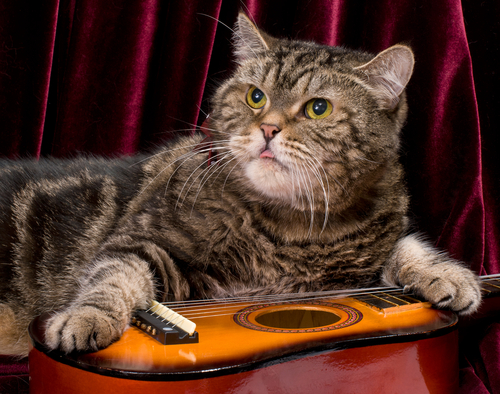| How are you doing in lockdown? Do you have more time on your hands and if so, are you getting more done? I expect not. Remember Parkinson’s law? |
| Work expands to fill the time available |
If you are juggling full-time employment with entertaining, caring for and teaching young children then I doubt you are even managing to sleep adequately never mind find an extra hour or two. I hope that your usual meeting schedule hasn’t simply moved online. Also, that you have negotiated that you can’t always be available in ‘normal’ working hours. Despite these demands, you are probably still delivering high quality output in the limited time available because you have no option but to work super efficiently. For the rest of us faffing is becoming an issue. We’ve squashed the slack in the system (like commuting time, unnecessary meetings) so we’ve got the extra hours we’ve long fantasised about. You’d think we’d be way ahead of schedule on everything. Wrong. Last week, as well as actual work and endless meals, I’ve painted my kitchen skirting boards, hoovered under the fridge, re-potted plants, purged some old files, streamed exercise classes and webinars, filled the freezer with soups and casseroles. I achieved loads – except progress on my next book. I ran out of time for that although it’s way more important to me than the gunk under my fridge. I’ve got plenty of discipline and willpower and I am definitely not lazy so why did I procrastinate? It’s an ambiguous task with a moveable deadline. It’s also a task that I enjoy doing but it stirs up negative emotions – can I do this, am I good enough, blah blah. All humans procrastinate on some tasks. We don’t put off tasks we hate, we put off the important ones that provoke anxiety. |
| Here’s some ways to get started on these tasks: 1. Switch off the phone You know this already. It’s a huge distraction and we waste so much time checking it, switching back to the task we were doing, refocusing, checking it again and so on. Check your phone once an hour, or whatever feels comfortable, then put it away if you can or at least switch off notifications. Give the task at hand your complete focused attention. One thing at once. Resist the lure of memes, group chats, social media and constant news. The mere presence of our phone has been proven to have a negative impact on our cognitive ability, even in less anxious times. |
| 2. First things first Allow time to get a few quick tasks and conversations done each day to get your energy going, then get on with the most important thing you need to accomplish. The only exception is if it is a more creative task. In that case you might want to delay it until your rational brain is tired, so less capable of filtering out your more innovative ideas. Even then, get on with it as soon as possible. |
| 3. Design a routine and stick to it If work isn’t scheduled it doesn’t get done. Block out time for what you need to do. Don’t wait until you are in the mood. Start your task on time and your mood will catch up. You may need to move to a different room where you won’t be distracted, or where your brain isn’t used to toggling between routine tasks. Structure your day in a disciplined way so you can be as effective as possible. Frozen 2 is 1 hour 43 minutes long, a perfect length to distract the kids while you get something meaningful done. Put a hard stop in at the end of the task and also at the end of the day, as if you were still in the office. |
| 4. Step one is figuring out how to do it Don’t give up because the task/project seems overwhelming and you don’t know how to start it. Factor in figuring out time. |
| 5. Ditch the perfectionism Don’t be paralysed by your perfectionist tendencies. Perfectionists like me aren’t trying to be perfect – we just feel that nothing we do is ever good enough. We hold back on doing something to protect us from facing up to our perceived sub-par performance or failure. This avoidance behaviour creates even more stress and anxiety for us and for the people waiting for the work downstream. |
Feeling you have achieved something, whilst getting lost in your head concentrating, is a healthy distraction from frightening outside events that are beyond our control. Of course, it’s particularly important to be compassionate with ourselves now and be realistic about what can be done in a day. Here’s more from me on how to achieve your priorities and stop chasing the small stuff. From now on, let’s feel less busy and get more done. |

